Google’s latest announcement has made it official that selling page links and including paid-for placements on your blog can and will damage your PageRank. In the announcement Matt Cutts, Google’s Head of Web Spam stated that ‘selling links (or entire advertorial pages with embedded links) that pass PageRank violates our quality guidelines, and Google does take action on such violations.’ Such action has been taken out recently on the florist giant Interflora for breaking Search Engine Optimisation guidelines by manipulating links to improve its PageRank. Penalisation of Interflora is the latest proof that even the largest brands are not immune to Google’s rules and regulations.
Currently as punishment Interflora doesn’t show up on Google for the majority of it’s search terms, a huge disaster for the brand with Mother’s Day fast approaching. The highest Interflora appeared was on page 2 of a Google search, but mainly Interflora was non-existent. The damages to the brand could value at millions worth of pounds. Matt Cutts has also posted on his own personal blog about PageRank penalties and selling links. Replying to the frequently asked question of ‘Why has my PageRank gone down?’ Matt answered ‘the drop in Toolbar PageRank is an indicator of the decrease in our trust of the site.’ Google isn’t against paid advertisements, it actually supports the practise but they are asking for such links to be disclosed to search engines. Sites should be judged on their content and influence for SEO not their bank account. What does this mean for PR? Whilst it will upset many people, Google’s announcement will help to ensure that online public relations prioritises quality content over simple and easy paid-for placements and links. Therefore Google is helping to ensure that public relations online is practised ethically. Blogging is a way of using your online freedom to express your opinion and interests, add value and engage in discussions. Blogging on your personal blog, on behalf of a company, just because they are paying you an attractive sum, I believe, totally defeats the object of blogging in the first place. Don’t get me wrong advertorials (which have been around for decades in PR) and articles that clearly show they are being sponsored to review a product are still effective ways to position a brand. It’s the articles that have been paid for that include brand names and links to a website that don’t make it totally clear that are misleading. What do you think?




